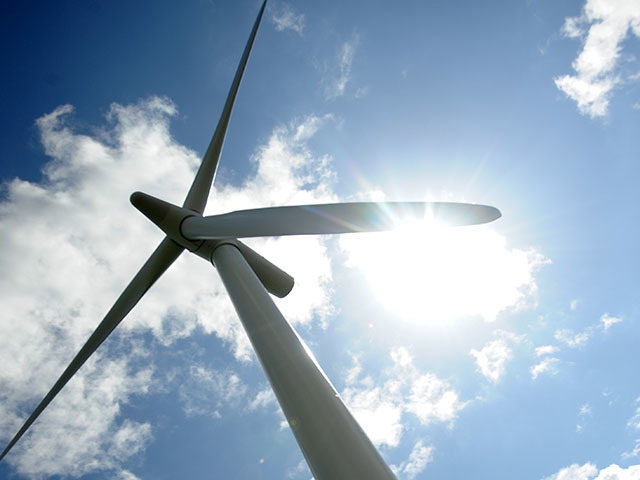
Lady Clark of Calton’s decision in the Court of Session case of Sustainable Scotland v The Scottish Ministers has serious legal implications for the large scale onshore energy industry in Scotland.
Viking Energy’s consent under Section 36 of the Electricity Act for the 103-turbine Viking windfarm planned for Shetland was set aside by the court following a judicial review by local opposition group Sustainable Shetland.
The application for consent to construct and operate the windfarm was ruled incompetent, as the applicant held neither an electricity generation licence nor an exemption from the requirement to hold a licence, so the consent was reduced.
It was also reduced on the ground that the ministers had failed to take proper account of their obligations under the European Wild Birds Directive in relation to a significant local population of rare wading birds, whimbrel, but this is of less general concern for the industry.
Section 36 does not specifically require an applicant for consent to be a licence holder or exempt, but Schedule 9 to the Act imposes obligations on licence holders and exempt persons applying for consent to have regard to the desirability of:
- Preserving natural beauty.
- Conserving flora, fauna and geological-physiographical features of special interest.
- Protecting sites, buildings and objects of architectural, historic or archaeological interest and mitigating any effect which their development would have on these interests or features.
Lady Clark found it anomalous that someone other than a licence holder or exempt person applying for consent would not be bound by these important Schedule 9 obligations and decided that it is incompetent for any such person to apply for consent.
Windfarm developers do not usually apply for a licence or exemption until after they have their Section 36 consent, so there are many developers without licences or exemptions holding Section 36 consents and many more have “live” applications.
The Scottish Government intends to appeal to the Inner House of the Court of Session. However, this process will take many months.
The Inner House decision, whichever way it goes, could be further appealed to the Supreme Court in London, which might refer it to the European Court of Justice, as it involves the European Wild Birds Directive. This will also be a slow process.
Until the situation is resolved, there will be unwelcome uncertainty for the industry.
June Gilles is head of planning at Davidson Chalmers LLP
Recommended for you
